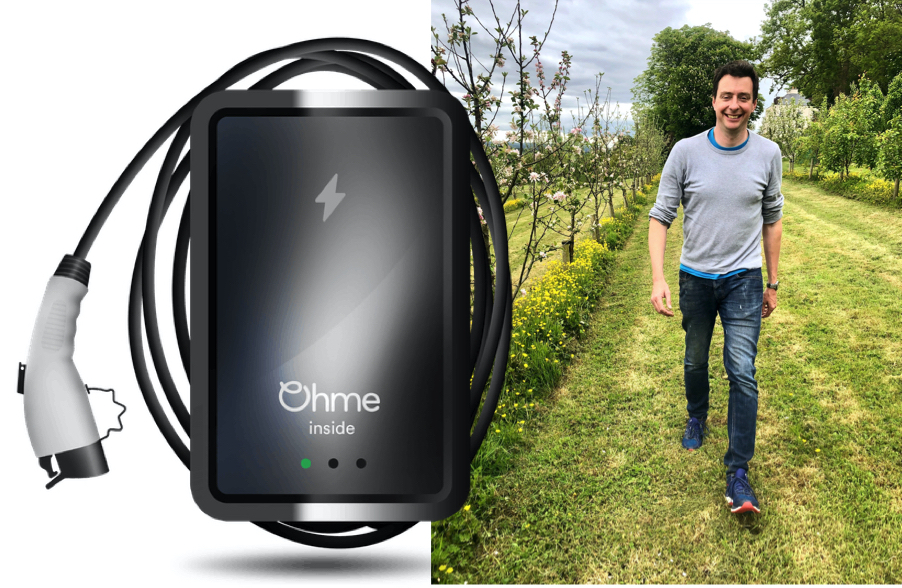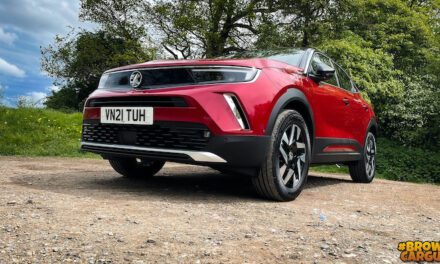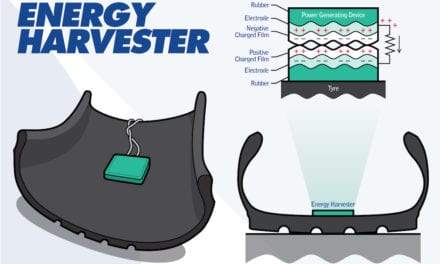Free Car Mag recently chatted to David Watson about what his company Ohme-ev does to help the EV driver.
Can you explain very briefly why someone should use the Ohme system?
Ohme is for drivers who want to control the cost of running their electric vehicle. Smart charging is exactly what it sounds like: an intelligent approach to charging that lets you decide how much you pay to charge your vehicle. The technology integrates with smart tariffs, so all you have to do is set the maximum amount you want to pay and the Ohme charger does the rest.
What are the set up costs?
The list price for our portable cable is £400, but customers of Octopus Energy can get them for half price, which means they save money on the equipment and can immediately take advantage of Octopus’ time-of-use tariffs for renewable energy. A customer with this set up can save over £300 per year driving 10,000 miles. Like all things EV, this is an investment, and it’s one that you will recoup quickly.
It is interesting that you can even be paid to charge…
Yes, but I wouldn’t give up the day job just yet! The move to renewables means that we often produce surplus at times of low demand, which means that variable tariffs can often enter negative territory. We have users who have driven thousands of miles yet paid nothing at all to charge their EVs. Some have even made a small profit by being paid to charge. Our chargers won’t make you a millionaire, but they drastically reduce vehicle running costs compared to petrol and diesel.
Where does your electricity come from? (hopefully not a stupid question)…
Not a stupid question at all! But it’s not our electricity, it’s yours. One of the most important considerations when buying an EV is your electricity supplier. You want to choose one with variable, smart tariffs so that you can take advantage of the cheapest prices when demand on the grid is lowest.
Is there any chance that the EV owner would not have enough charge to complete their next journey or is that guaranteed?
Our role is to give drivers the best price for the electricity they use, and questions of range and reliability are really for car manufacturers. What I can say is that although EVs don’t yet have the same range as petrol or diesel vehicles, they’re catching up quickly. The best performing vehicles have a range of upwards of 250 miles, and this continues to grow as the technology improves.
Generating electricity via renewables is never going to be carbon neutral is it?
Yes, building renewables or nuclear generation embodies carbon, and we’re still some way from completely carbon neutral generation. But we can’t let perfect be the enemy of the good, and the amount of progress we have made in such a short time is astonishing. The direction of travel is clearly towards ever-lower emissions, and that’s something everyone should welcome, whether they’re worried about the planet or their locality.
Aren’t renewables unreliable? As you admit, storage is a problem, but solar does not work at night and turbines don’t turn when there is barely a breeze.
You’re right, renewables are not perfect. It’s inconvenient that the sun doesn’t always shine, nor the wind blow, when we most need it. But that’s what makes electric vehicles so important. Their role is much more than transportation: together, they act as a giant battery for the grid, enabling charging at times of surplus. That’s why we shouldn’t see smart charging as a money-saver alone, important as that is. Crucially, it’s a capacity-creating technology, which is why EVs are so important to our national energy strategy.
What are the more reliable alternatives to these alternatives, such as tidal?
Tidal is still expensive and unproven and can only be part of the solution. It will take a mix of different generation technologies to ensure we maintain energy independence, lower emissions and greater reliability. But we must not make the mistake of trying to solve all our problems at the infrastructure level. What happens at the socket is just as important, which is why we need to turn this problem on its head and build a bottom up, “customer” demand-led approach to energy.
Do you think everyone will be able to afford an EV in the future or will they have no choice?
The cost of EVs have dropped considerably as a result of decreasing battery prices and economies of scale. We anticipate that EVs will be cheaper on an upfront basis than ICEs by 2025. On a total cost of ownership basis (for example, least cost, fuel, manufacturing) EVs are already cheaper.
Thank you.
To find out more about Ohme-EV visit their website here.











